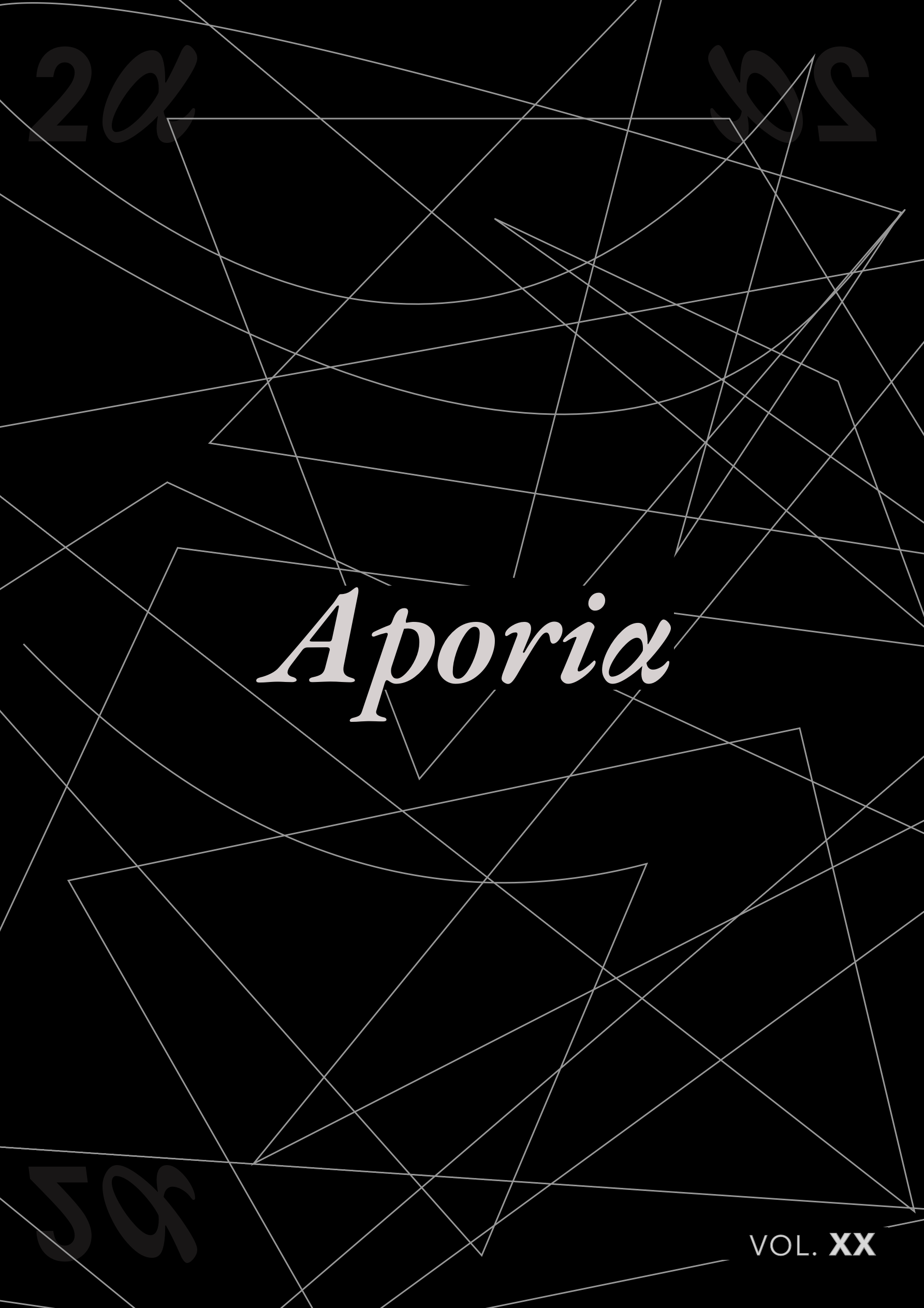A Panpsychist Interpretation of Anne Conway’s Metaphysics
Main Article Content
Abstract
This paper proposes a panpsychist interpretation of Anne Conway’s (1631-1679) metaphysics, as elucidated in The Principles of the Most Ancient and Modern Philosophy. Contemporary versions of panpsychism attempt to explain how consciousness is realised in the natural world. They posit that matter is intrinsically experiential, such that when it is arranged into the form of a human brain, it gives rise to human consciousness. Similarly, Conway argues that substance is constituted by both Body and Spirit. The former serves as an explanation of a substance’s material properties, whereas the latter explains how a substance can have various kinds of perceptual experiences, as well as experiencing sensation and emotion. I argue that Conway uses her concept of Spirit to refer to the same set of experiential properties as our contemporary concept of consciousness does. Understood thus, Conway’s metaphysical framework appears to embrace a form of panpsychism.
Article Details
Author's retain copyright, but give their consent to Aporia to publish their work.

